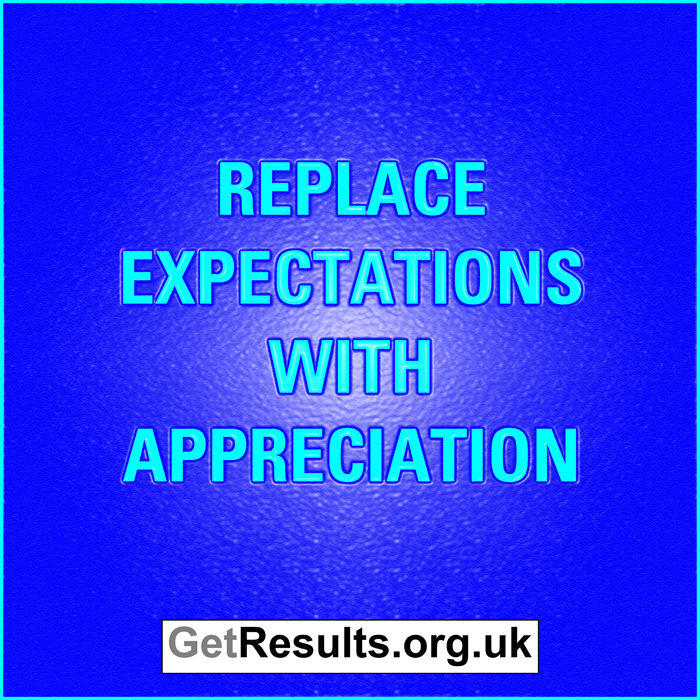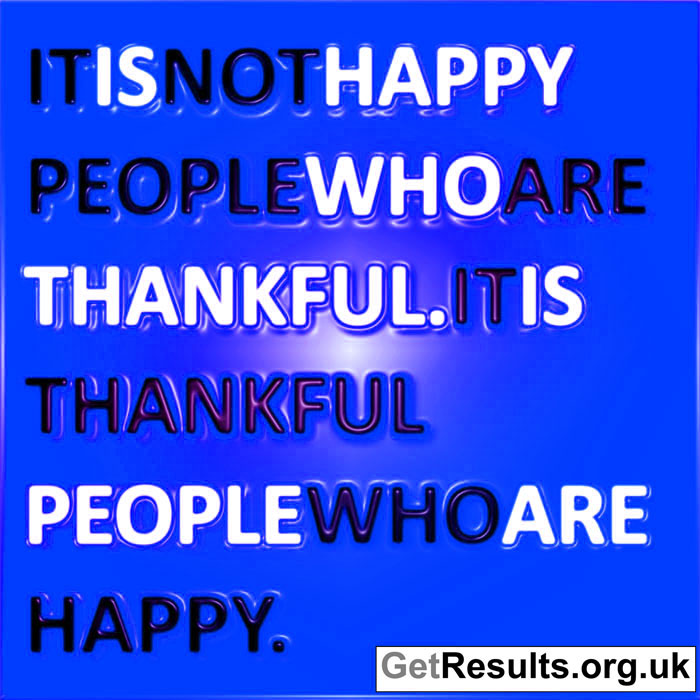
Life includes a great deal of struggle and suffering. But what if I told you there is opportunity for hope? What if I told you that you could improve your life, and the life of your family, and make things better in your community?
If you’re not interested in doing this, then you should accept you have no cause to complain. If you are unwilling to make the necessary changes and take the actions to make life more bearable, then that’s a conscious choice that you’re making. But stop pointing an accusing finger at others and realise your own lack of effort contributes to the problems you complain about.
It’s difficult to deal with the human condition; our vulnerability in a world that often seems possessed with negativity and malevolence.
This negativity starts with the tyranny of the culture and society we live in. Value hierarchies become power grabs that benefit the few, rather than value structures that serve the masses. Some people benefit, not because they provide more value, but because they wield more power. The old way of doing things holds back new ways of doing things.
The negative aspects of nature include all of its destructive elements. We’re talking about things like the aging process, illness and disease, natural disasters and the inevitability of our own deaths. All these things are out to get us and our loved ones. Loss is part of life, some people experience greater losses than others, but we all experience loss at some point in our lives. At the end of it all, we know we must face our own mortality.
If all this wasn’t enough, we also face the cruelty of human nature. We see it in the actions of others and see the potential in ourselves.
So it’s understandable that against all this potential for suffering the predicament for human beings is a difficult one. We must find something that counteracts this negativity and makes the suffering worth enduring.
The way to do this is find meaning in life, something of a hero’s journey that offsets life’s tragic circumstances.
First, we must recognise that society, nature and human nature each have their positive aspects that offset their negatives.
Culture and society is a protector that shields us from nature and the darker side of human nature. Most of the time we interact with others free of fear that they are going to attack us, take our possessions and make our lives a living hell. Society does this by socialising people, teaching what is expected of them in a civilised society. Sure, there are some that break the rules, but imagine what the world would be like if chaos reigned. We take this aspect of society for granted, but realise it’s not a certainty, it’s a privilege that we enjoy because of the sacrifices of those generations that have gone before us.
The push and pull of liberal and conservative traits holds hierarchies in unstable equilibrium and it needs both to maintain the tension in which hierarchies function best. The conservatives maintain the necessary hierarchies, the liberals hold them to account by standing up for those souls that accumulate at the bottom. Hierarchies tend towards tyranny if left unchecked, so we require liberals, hierarchies are necessary and so we require conservatives. If you think the answer is to tear all hierarchies down, you don’t understand their function nearly well enough. Hierarchies give something for people to aspire to, they focus productivity and they work as long as they remain fair. We must all fight for equality of opportunity, social mobility, and ensure we remove tyrannical power from the game.
Nature is not just a threat to life, it is a life giver. It is the creator of all the beauty that surrounds us. We take much of this beauty for granted, but it only requires us to open our eyes to see the majesty that nature has gifted us.
Now let’s consider the positive aspects of human nature. Sure, there is much evil in the world. Those who would rather destroy, than build, those that spread hate rather than love. These people get most of the attention from media, but fortunately they are in the minority.
The other side of human nature is the capacity for love and connection, for innovation and selflessness. There is much of this positivity out there if we look for it. Many of the things we get enjoyment from comes from human endeavour and ingenuity. Again we take these things for granted, but it is truly amazing that these things are so routine and stable, that we can take them for granted. Water flows when we turn the tap on, electricity is available at the click of a switch. We have heating, shelter, food, the internet, the power of functionality in the phones that consume much of our lives. We have cars and roads to help you get to places, and planes to fly to far-off lands for a few hundred pounds. Wow.
So life is not all about suffering, there is much to be grateful for. Everything contributes to the rich tapestry of life and makes it so interesting.
But it’s important to find meaning in life, something to aim for and aspire towards, a sense of direction.
You don’t have to come up with the next big invention to make a difference in the world. You can work small, but work at beautifying it to the best of your ability. Jordan Peterson posits it starts by “tidying your room”. By making the space you inhabit the best it can be, you improve your house, by improving your house, you improve the street, by improving the street you improve your community. And if everyone did this…wow.
Growing up, I remember the little old ladies sweeping the pavement outside their front door. Just this simple act of sweeping the pavement would make me think how this little old lady was contributing to keeping her space neat and tidy, and how it demonstrated her pride in where she lived, and I thought I should do the same. It rubbed off on me, and I’m sure it had some impact on others who witnessed her doing the same thing over the years.
I see many people complaining about where they live, but I wonder what they do (apart from complaining) to actively make things better.
Communities are made up of people, not inanimate objects. People can make the most dismal places feel like a nice place to live. The tenement block becomes a depressing place because the community lets it become one, the people that live there allow it to become so.
I like the example used by Jordan Peterson in many of his talks about finding meaning in the smallest endeavours. He talks about running a modest café and it being a microcosm of communal activity, a place for neighbours to meet and congregate. A place where people rest before they go and do their important work. A place to nurture and educate their employees to be better and find pride in their self-sufficiency. This isn’t just about talking up a menial job, it’s about recognising the contribution it makes to the people who benefit from it.
The taxi driver is not just a taxi-driver, he/she is an important part of the economy, who serves to help people get to where they need to go. Without him/her many people would suffer greatly. They would be isolated, unable to get to important appointments, unable to get to the shop, unable to get home safely from a night out etc.
You have more power than you think, so make a positive contribution, no matter how small it is. A kind word can improve someone’s day, take a few minutes to speak to a neighbour, you might be the only person they get to talk to today. You probably know how upsetting it can be if someone says something mean to you, it can stay with you and really put a dampener on your day. You might know the frustration of letting someone out of a junction, when driving, and not having them acknowledge your kindness.
Little things make a big difference. Find meaning in these simple gestures and acts, and find meaning by pursuing a meaningful goal, regardless of how small a contribution you initially think it makes.





